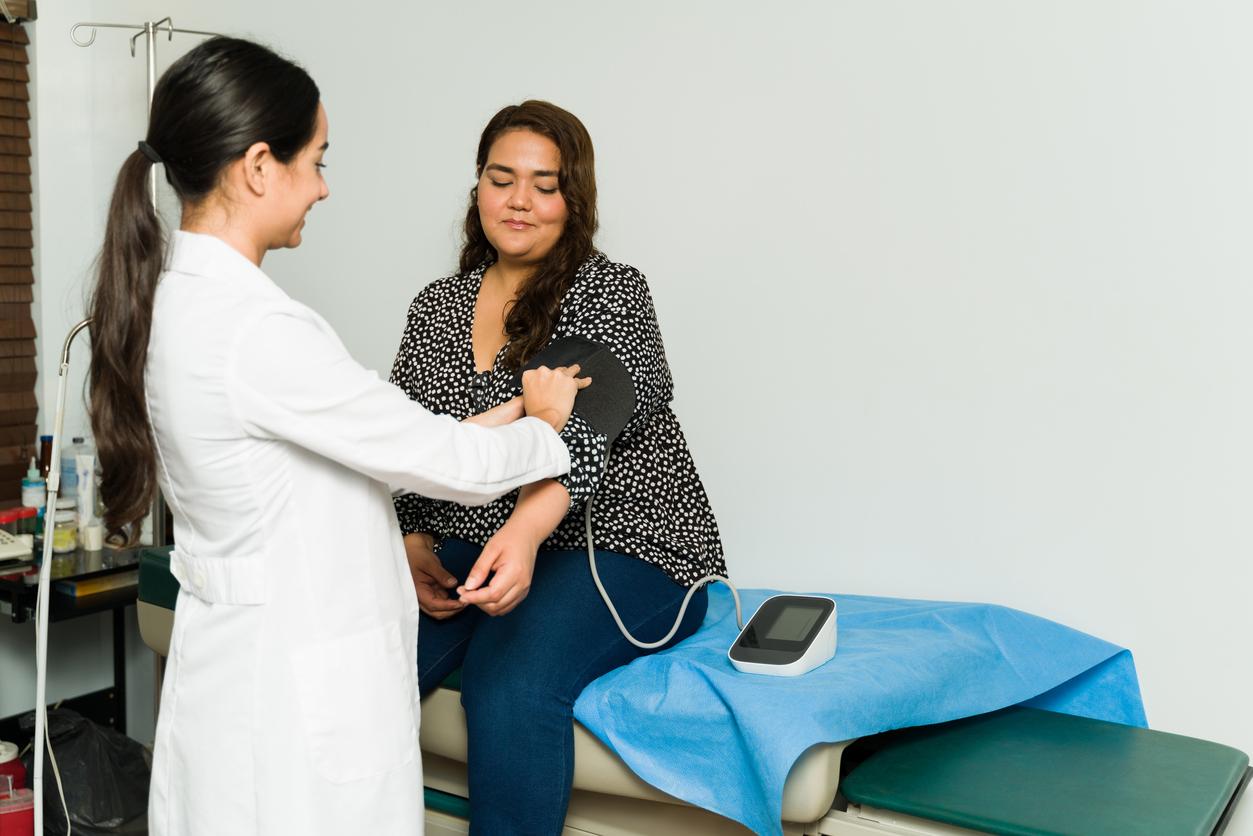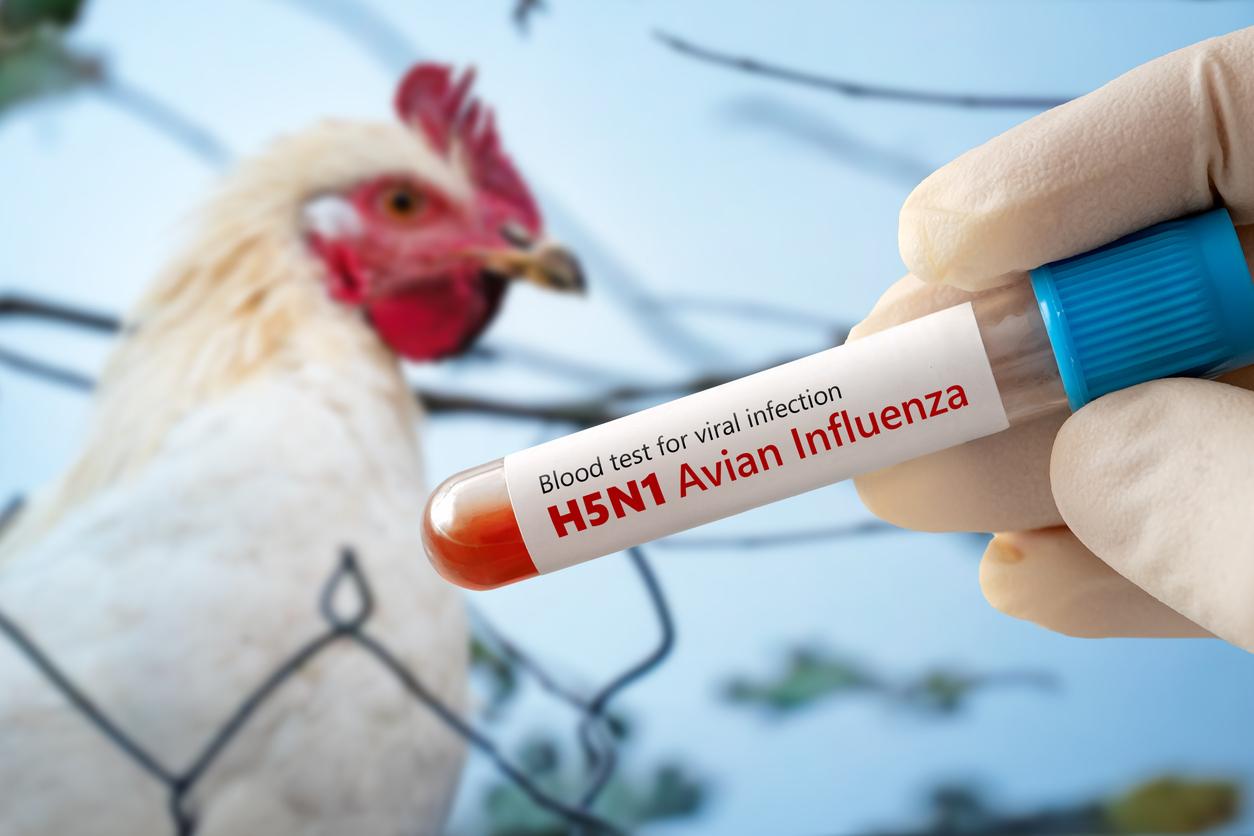When used on a large scale, vaccines can undoubtedly reduce the prevalence and mortality of serious infectious diseases such as tetanus, diphtheria, polio, measles or meningitis of bacterial origin.
The first medical contact for families, the general practitioner is at the heart of vaccination policy in France. What do they themselves think of vaccines, their necessity and their potential dangerousness?
This is what a team of researchers from Inserm Unit 912 based in Marseille wanted to know. The researchers randomly interviewed 1,712 French general practitioners about their practices and visions of vaccination, and published their results in the journal Ebiomedicine.
In total, 96% of physicians surveyed say they are confident in their ability to explain the usefulness of vaccines to their patients. Likewise, most general practitioners trust the Ministry of Health and health agencies to obtain reliable information on the benefit / risk balance of vaccines.
However, 43% of GPs are less confident about the use and role of adjuvants, which they struggle to explain and justify.
In addition, data shows that 83% of doctors often or even systematically recommend that adolescents and young adults be vaccinated against measles, mumps and rubella. On the other hand, only 57% recommend the vaccine against meningococcal C infections (responsible for meningitis C) to children and young people from 2 to 24 years old, while this vaccine is recommended and included in the vaccination schedule.
In addition, the study reveals that GPs are also concerned about the side effects of vaccines, including vaccines against hepatitis B or against the papillomavirus. However, current pharmacovigilance data have not shown a scientifically proven link between these vaccines and the onset of diseases such as multiple sclerosis. 26% of general practitioners surveyed even consider that certain vaccines recommended by the public authorities are unnecessary. And 20% believe that children are vaccinated against too many diseases.
In view of these results, the authors conclude that “these hesitations affect, for the moment, only a minority share of general practitioners”, but that they “constitute an additional brake in the maintenance of a vaccination coverage of the population. sufficient to protect it against infectious diseases which remain dangerous. The study also highlights the need for training general practitioners and providing tools to help them respond to patients who are most skeptical of vaccination.
Read also :
Vaccines: how do they work in our body?
Petition from Prof. Joyeux about the DT-Polio vaccine: beware of the arguments put forward!
Vaccines: the Order of Physicians files a complaint against Prof. Joyeux


















